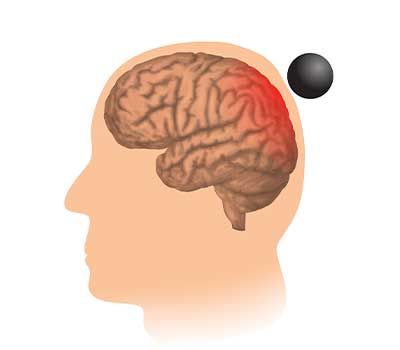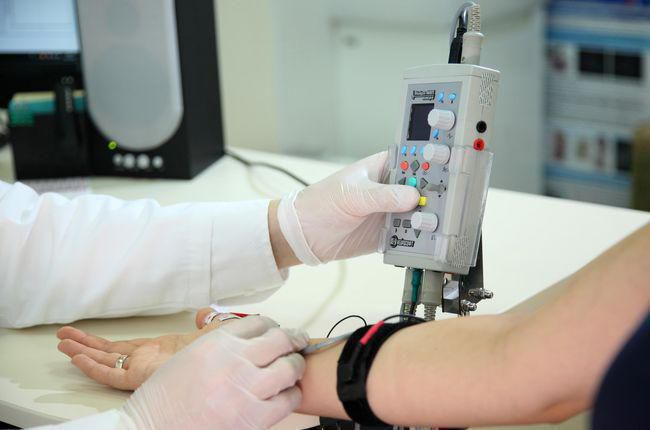Independent Medical Examination
IME or Independent Medical Examination is a specific type of evaluation performed by a neurologist who has not been previously involved in the patient's treatment when requested by insurance adjustors or case managers. The examination aims to have a detailed assessment of the claimant's current medical status after an injury. During an IME, the neurologist does not provide any treatment to the patient. Instead, the neurologist will take the patient's history, examine their medical records and radiological studies, and perform an examination to describe the nature of problems the patient has.
Independent Medical Examinations are aimed to assist the insurance company or the Workers' Compensation Board in evaluating and valuing the patient's claim. IME helps to:
- Identify the injuries suffered by the individual or the worker if it is a work-related accident
- Draw an idea about the severity of the injuries
- Determine the medical treatment required
- Provide the jury or Worker's Comp Board a second opinion about the condition of the patient
- Recognize false claims
Before the IME, the insurance officials will forward a copy of the patient's medical records, including x-rays, CT scans, MRI reports, and EMG nerve conduction studies, to the neurologist for their review. A list of questions that need to be specifically addressed will also be given to the medical practitioner who performs the IME. After reviewing the patient's medical records and conducting a detailed examination, the neurologist will forwards the report of his analysis to the person who requested the IME.
Impairment Rating
Sometimes, as a part of the IME, the insurance providers may also request the neurologist to conduct an impairment rating as per the guidelines outlined by the American Medical Association. This rating is done to understand the patient's level of permanent disability due to the injury. A neurologist performs impairment rating analysis after an injury if it has been concluded that the patient will have a loss of function or permanent damage, for example, amputations and nerve trauma. The neurologist will evaluate the patient's sensation, strength, limb range of motion, and other functions during the process. The insurance officials may request for a patient's impairment rating to determine the financial compensation to be awarded to the injured worker.
The impairment rating is a percentage that can either refer to the patient's entire body or the specific affected body part, depending upon the degree of disability.
Do you have any questions or concerns about IME? Visit our practice in San Jose for further assistance. Call us today to request an appointment at (669) 235-4188.



